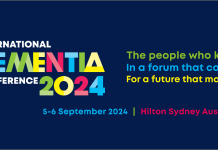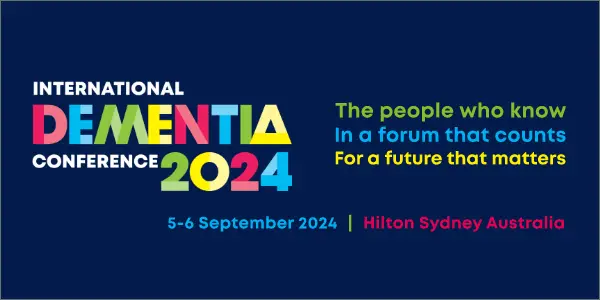In this guest post, Catholic Health Australia’s CEO Pat Garcia provides an overview of the Jobs and Skills Summit, which he attended over the last two days.
The Jobs and Skills Summit has just wrapped up in Canberra after two days of at times intense conversation and negotiation. Catholic Health Australia was one of 142 attendees to get what the media described as ‘a golden ticket’ to the Summit. Rubbing shoulders at the summit were billionaires such as Twiggy Forrest of Fortescue and Scott Farquhar of Atlassian, the CEOs of BHP, Wesfarmers, Woolworths and Qantas, the Secretaries of the Australian Council of Trade Unions, the Australian Workers Union and various Trade Halls, as well as the Prime Minister, the Treasurer and various Cabinet Ministers.
In a forum dominated by businesses and unions, it was important that those representing the care economy worked collectively to amplify their advocacy. To that end, Catholic Health Australia along with Uniting NSW.ACT, the Benevolent Society, the Health Services Union, the United Workers Union, the Australian Nursing and Midwifery Federation, as well as academics Prof Sue Gordon and Prof Sara Charlesworth collaborated on a statement of common goals for aged care. By way of example, the statement included a call for a nationwide scheme to waive training fees for students who commit to work in the health and aged care sectors.
So it was pleasing to see the Albanese Government announce a range of reforms throughout the summit that addressed many of the sector’s calls. This included a joint $1bn Commonwealth-State commitment for 180,000 fee-free TAFE places in 2023.
The Government also announced it would lift the permanent migration program ceiling by 35,000 to 195,000 in 2022-23, as well as invest $36.1 million investment to employ an additional 500 staff to expedite visa processing. This will provide welcome relief to those of us who have suffered through the logjam in visa processing that currently forms such a significant barrier for nurses wanting to come to work in Australia. To some extent, these announcements reflect the desire of the Government and those attending the Summit to reset our conception of, or perhaps put more strongly, ‘celebrate’ migration and multiculturalism in this country.
So what now? Well, now the sector needs to collaborate with Government to make a career in aged care and nursing as attractive as possible to skilled migrants so they can come to Australia safe in the knowledge they are welcomed and will be paid a fair wage for the important work they do.
Now we need to press for more details on plans to improve access to jobs and training for women, First Nations people, regional Australians and culturally and linguistically diverse people.
Now we need to advocate to include personal care workers on the skilled migration list, review health and aged care accreditation schemes, and look for better ways to deploy existing staff to manage demand.
And now we must turn our eyes to the October Budget, the Albanese Government’s first, to deliver on the commitments of the Summit.










